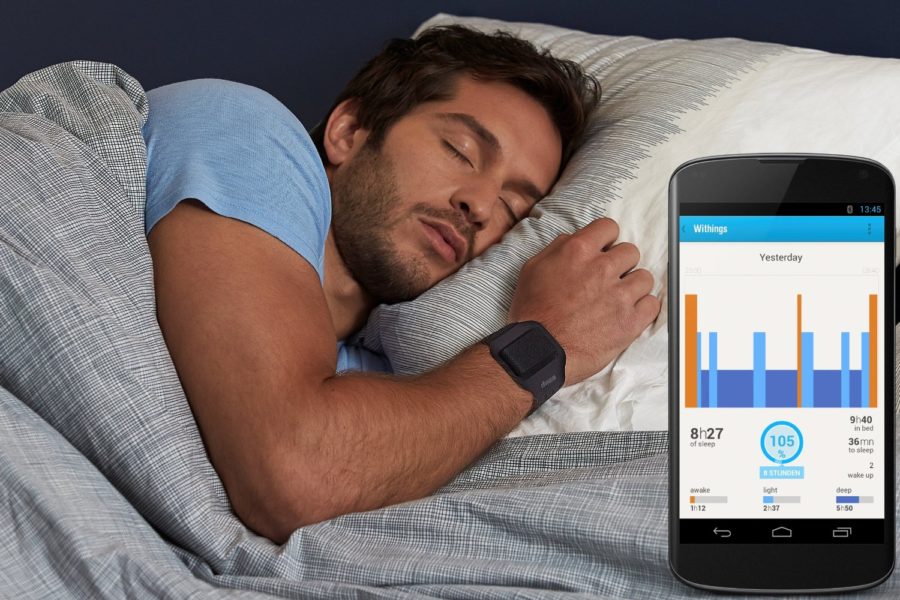A recent study by the Sleep Center (North Dakota, USA) showed that non-medical devices designed to monitor sleep quality actually produce incorrect results. Moreover, they can negatively affect insomnia itself, exacerbating its symptoms.

Insomnia and monitoring
Today, there are many devices for monitoring the quality of sleep, the so-called sleep trackers. They look like fitness bracelets, watches, and also devices with applications placed on the bedside table. These gadgets track your biometric data non-stop while you are sleeping, and then report on the frequency of posture changes, the time of the fast and deep phases of sleep, conversation in a dream (if you spoke).
According to Dr. Kelly Baron, director of the University of Utah’s Sleep Behavioral Health Program, she noted that these trackers help identify patterns of insomnia; she herself uses a Fitbit bracelet. But recently, patient complaints about the poor quality of sleep detected by devices have become more frequent.
People see that the phase of their deep, for example, sleep is different from the average, and they think that something is wrong with them, falling into a panic state. However, the duration of each phase is individual for different people, and there is no reason to say that you are sick only using data from a non-medical device.
The state of excessive preoccupation with achieving ideal sleep is called orthosomnia. The term was first coined by scientists from the Medical School of Rush University and the School of Medicine. Feinberg Northwestern University, published the results of their research in 2017 in the Journal of Clinical Medicine of Sleep.
Why are sleep trackers harmful?
Scientists from the University of North Dakota conducted a study on orthosomy to identify its causes. The results showed that people tend to trust their sleep trackers too much, which makes them anxious, which in turn makes it difficult to sleep.
Words Used by Gadgets:
- percentage of longitude for sleep;
- heart failure
- sleep rhythms
as well as graphs of sleep disorders, determined on the basis of algorithms, cause increased anxiety of patients. They lie in bed for a long time, trying not to move, so that the device shows a better sleep. But in fact it is not!
The accuracy of biometric fitness bracelets in comparison with medical devices that take readings of brain activity, heart rate, pressure, etc., is less than 70%. This is confirmed by the developers of mobile fitness devices themselves, so you should not completely rely on them.
Why then need fitness trackers?
These devices are designed to inform users about their daily activity: the number of steps, calorie consumption,% of rest and wakefulness, etc. But they are not intended to make a diagnosis, since they do not have sufficient sensors. Therefore, do not worry if your fitness bracelet has shown that you are not sleeping well: perhaps such a dream is the most suitable for you!